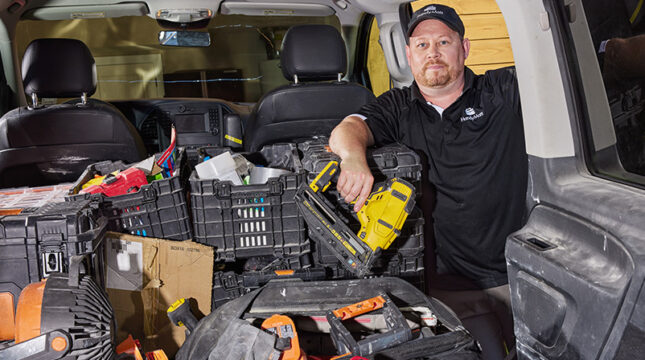Connecticut is home to more than 740,000 small businesses that employ almost half of its labor force.1 For all these businesses, no matter their industry, having the right business insurance is essential.
Small business insurance in Connecticut can protect companies, their owners and employees if:
- A customer accuses them of causing an injury or property damage
- Someone says they made a professional error that led to financial losses
- Workers get hurt on the job
- Employees have an accident in a company vehicle and cause injury or property damage
NEXT is 100% dedicated to small business and insures more than 1,300 types of small businesses and self-employed workers. We make it easy for you to get the right coverage at the right price and purchase your policy online in less than 10 minutes.
Continue reading to learn about the most important types of business insurance in Connecticut. Or get a free instant quote to see customized coverage options for your business.
















